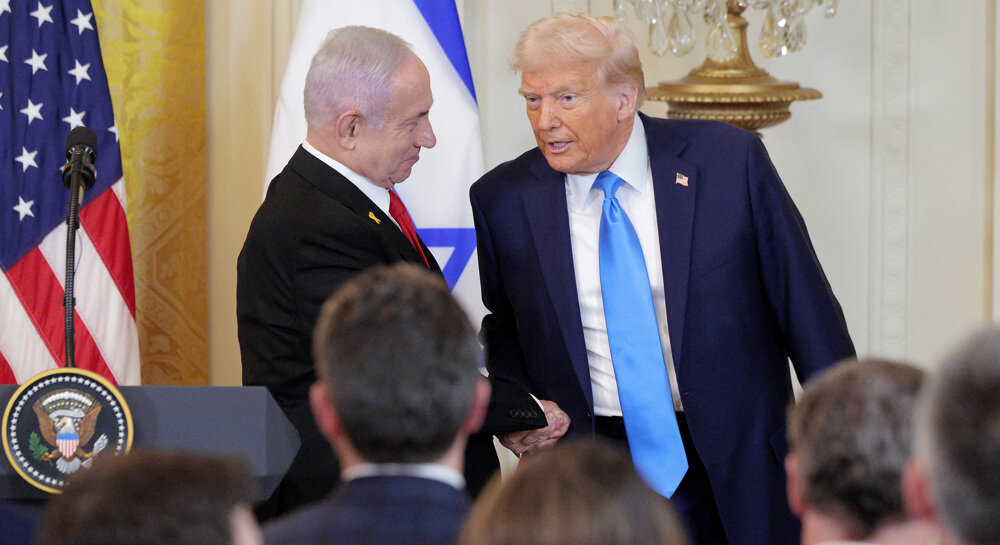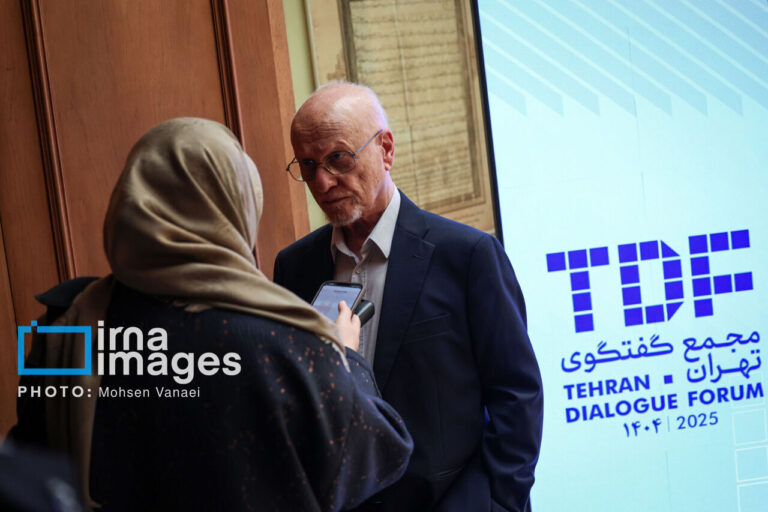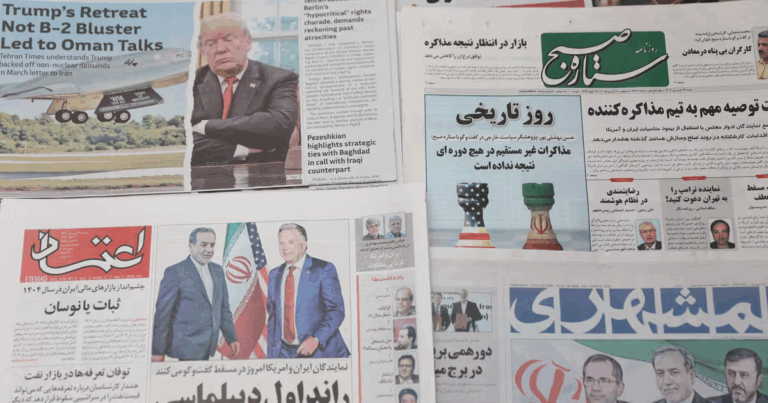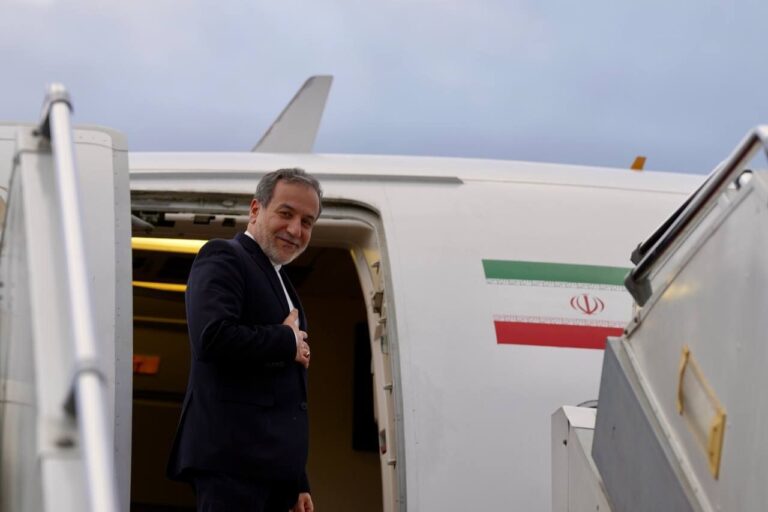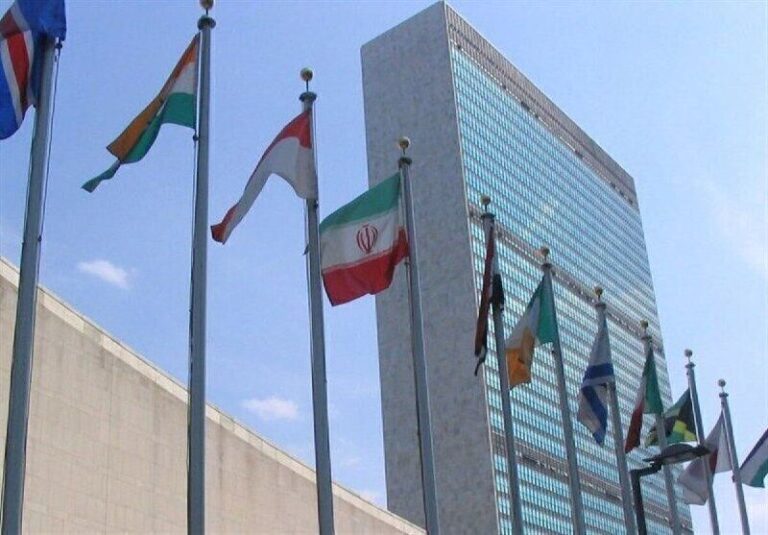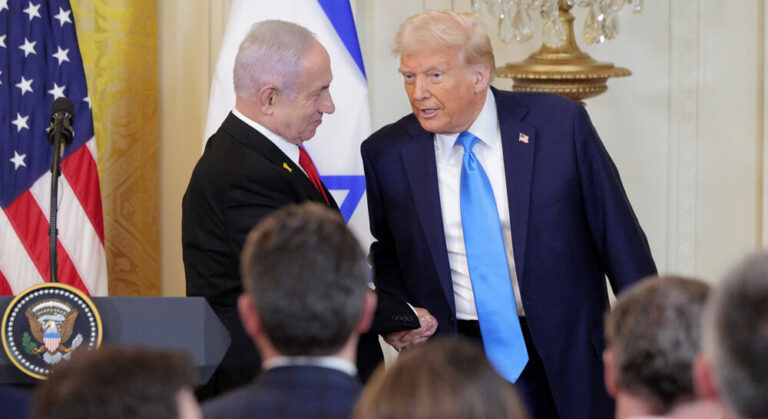US Allies Reject Trump’s Controversial ‘Gaza Takeover’ Proposal
In a recent joint press conference, former President Donald Trump made controversial remarks regarding the future of the Gaza Strip, suggesting that the United States might take control of the area, potentially with military assistance. This proposal, aimed at transforming Gaza into what he referred to as the “Riviera of the Middle East,” has sparked significant international backlash and raised serious concerns about the displacement of Palestinians.
Trump’s statements, as reported by Press TV, have been met with widespread condemnation from various global leaders and organizations. Here’s a closer look at the reactions from key countries and international bodies:
- European Allies: Many European nations have openly opposed Trump’s suggestions, asserting that relocating Palestinians is contrary to international law.
- Saudi Arabia: The Foreign Ministry emphasized Crown Prince Mohammed bin Salman’s firm stance against any form of Palestinian displacement.
- Egypt: Egyptian Foreign Minister Badr Abdelatty called for immediate reconstruction efforts in Gaza without forcing Palestinians to leave their homes.
- Turkey: Foreign Minister Hakan Fidan labeled the proposal as “unacceptable” and insisted that such discussions should not even take place.
Saudi Arabia’s Foreign Ministry issued a strong statement declaring that “Crown Prince Mohammed bin Salman has affirmed the kingdom’s position in ‘a clear and explicit manner’ that does not allow for any interpretation under any circumstances.” This firm stance signifies the kingdom’s dedication to Palestinian rights and the two-state solution.
Similarly, Egypt’s Foreign Minister reiterated the urgency of reconstructing Gaza while ensuring that Palestinians remain in their homeland. He stated, “We must act swiftly to restore what has been lost without forcing the people to leave.”
Turkey’s response was equally robust, with Foreign Minister Hakan Fidan calling Trump’s ideas “unacceptable.” He firmly stated, “It is wrong to even bring it up for discussion,” emphasizing the regional consensus against such proposals.
European leaders have not shied away from expressing their disapproval of Trump’s remarks. Spanish Foreign Minister Jose Manuel Albares made it clear: “Gaza is the land of Gazan Palestinians and they must stay in Gaza.” He reinforced Spain’s commitment to a future Palestinian state that coexists peacefully with Israel.
German Foreign Minister Annalena Baerbock added that any attempt to displace the Palestinian population would not only breach international law but also lead to further suffering and animosity in the region. She stated, “A displacement of the Palestinian civilian population from Gaza would not just be unacceptable and against international law.”
The French Foreign Ministry echoed these sentiments, with spokesperson Christophe Lemoine reiterating Paris’s opposition to any forced displacement of Palestinians from Gaza, calling it a serious violation of international law and a significant obstacle to achieving a two-state solution.
British Prime Minister Keir Starmer also weighed in, stating that the people of Gaza “must be allowed home, they must be allowed to rebuild, and we should be with them in that rebuild on the way to a two-state solution.” This statement highlights the growing support for Palestinian rights among global leaders.
Even major powers like Russia and China have voiced their rejection of the proposed resettlement of Gaza’s population. Both countries maintain that a comprehensive resolution in West Asia can only be achieved through a two-state solution, which respects the rights of both Israelis and Palestinians.
In response to Trump’s claim of potential U.S. control over Gaza, Palestinian President Mahmoud Abbas firmly stated that “legitimate Palestinian rights are not negotiable.” His remarks reflect the deep-rooted sentiments within Palestinian leadership against any form of external imposition on their rights and land.
Furthermore, the United Nations Human Rights Office (UNHCR) issued a warning to Washington, asserting that any forcible transfer or deportation of people from occupied territories would constitute a breach of international law. This underscores the importance of adhering to legal frameworks when discussing sensitive issues like the future of Gaza.
In conclusion, Trump’s proposal for the Gaza Strip has not only ignited a firestorm of criticism from international leaders but also reaffirmed the global consensus on the need for a two-state solution. As the situation unfolds, the voices advocating for the rights of Palestinians remain robust, highlighting the complexities and sensitivities surrounding the ongoing conflict.
